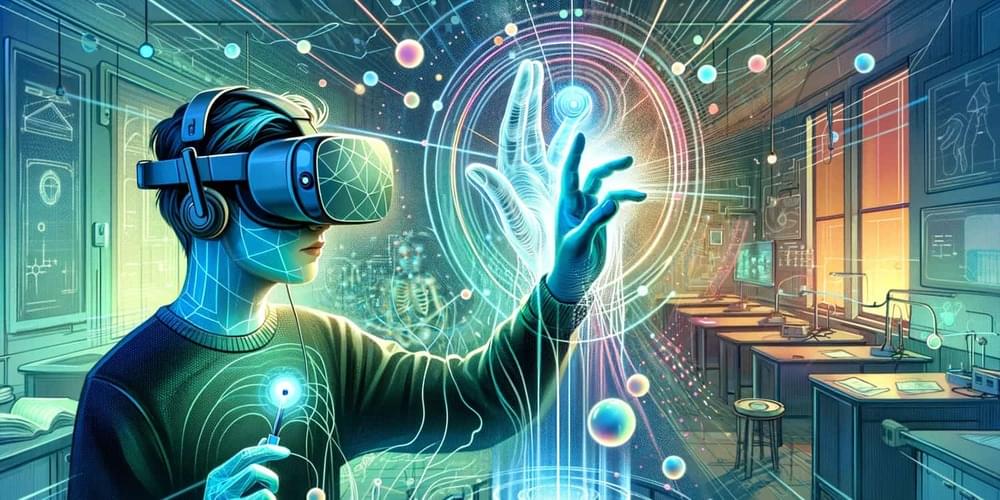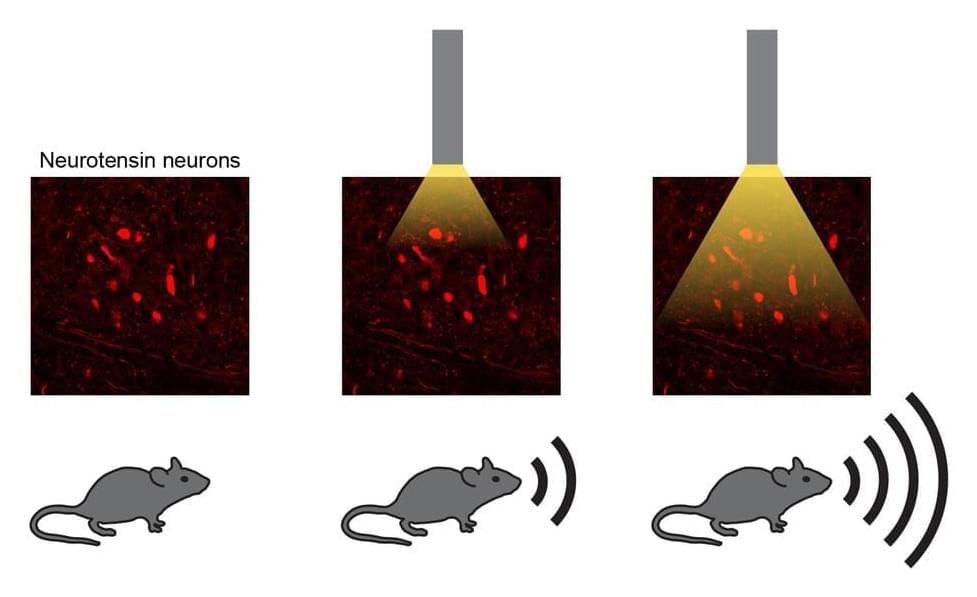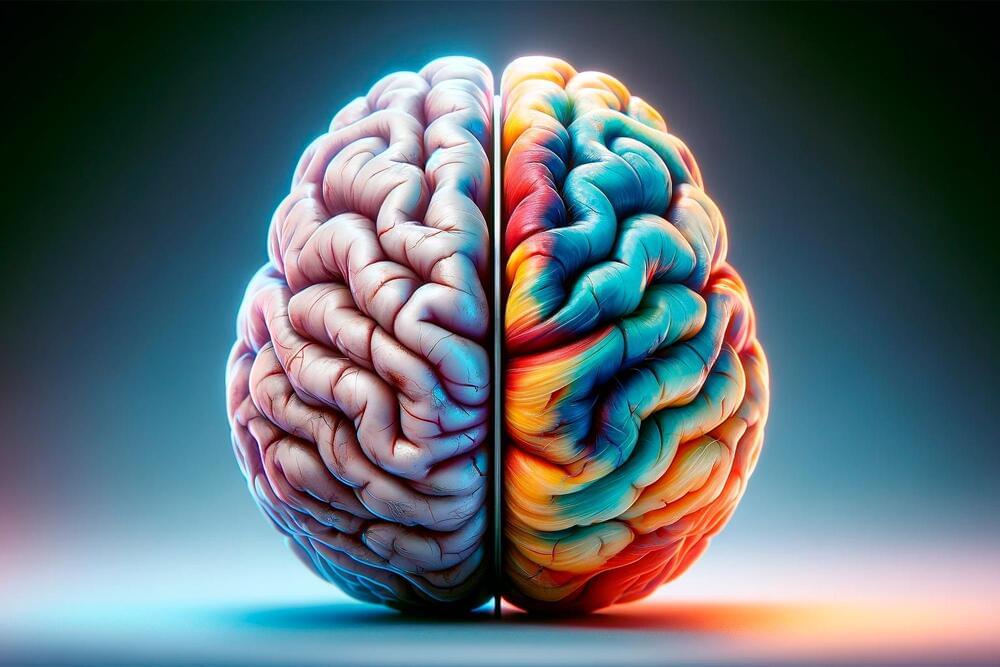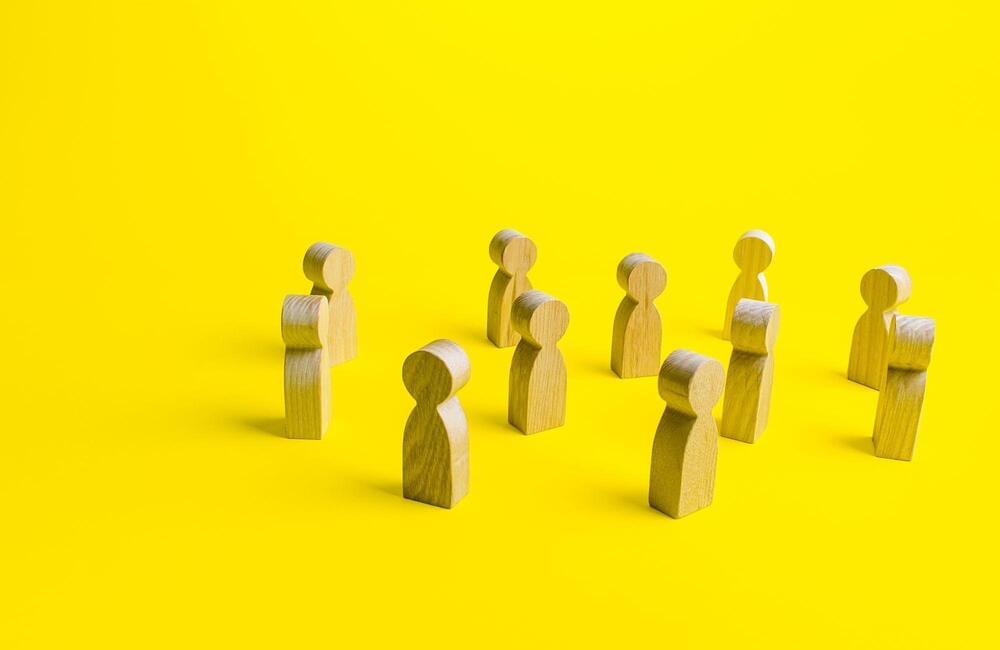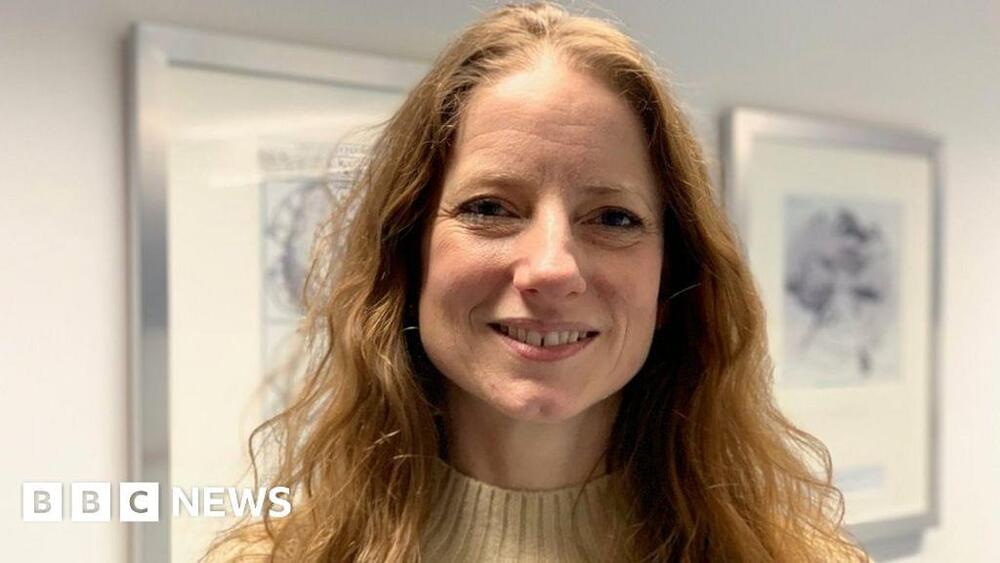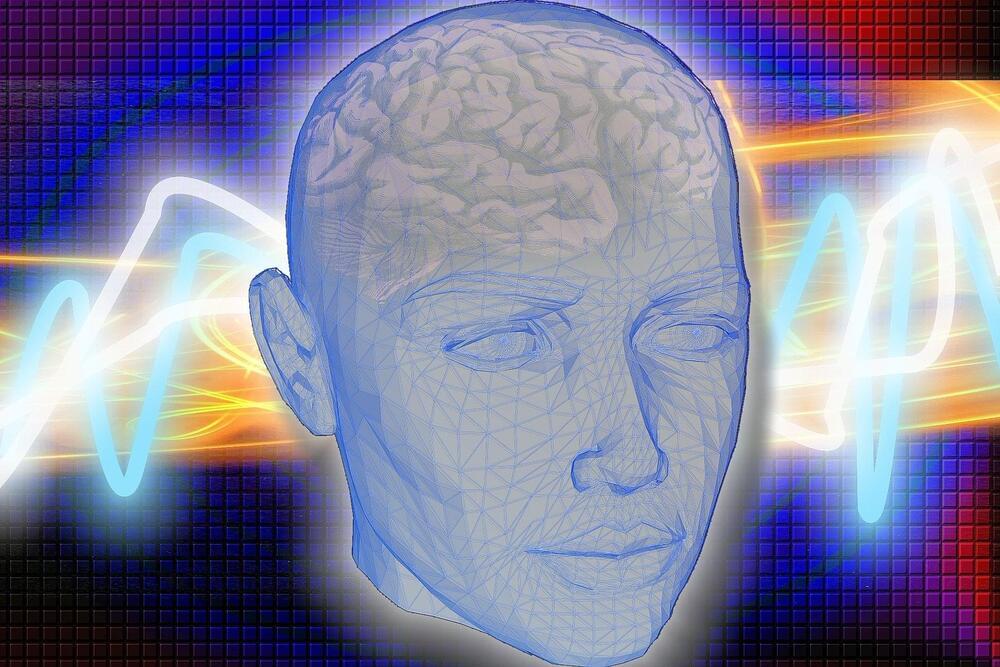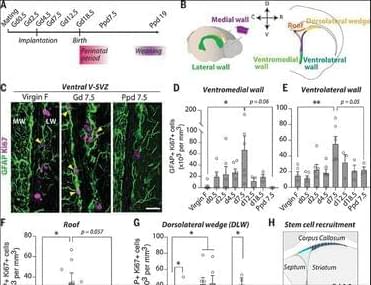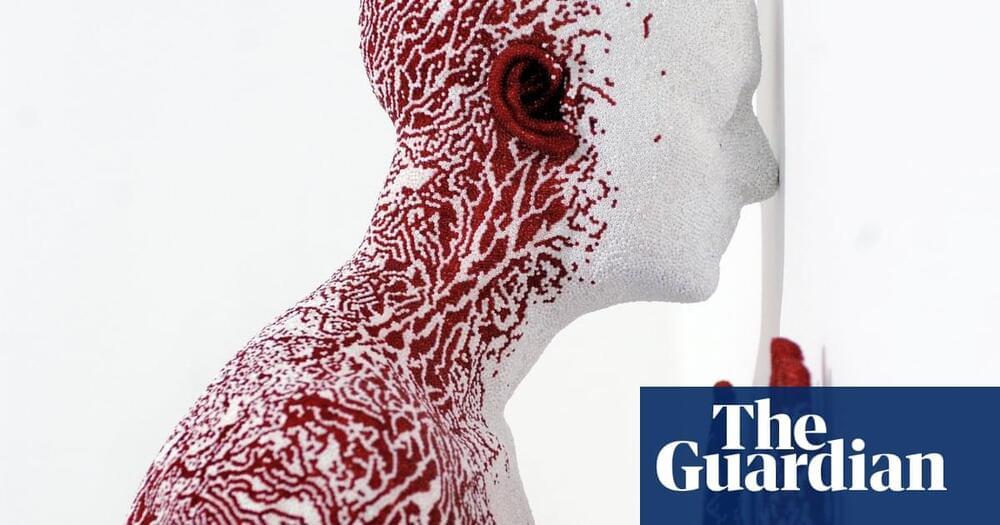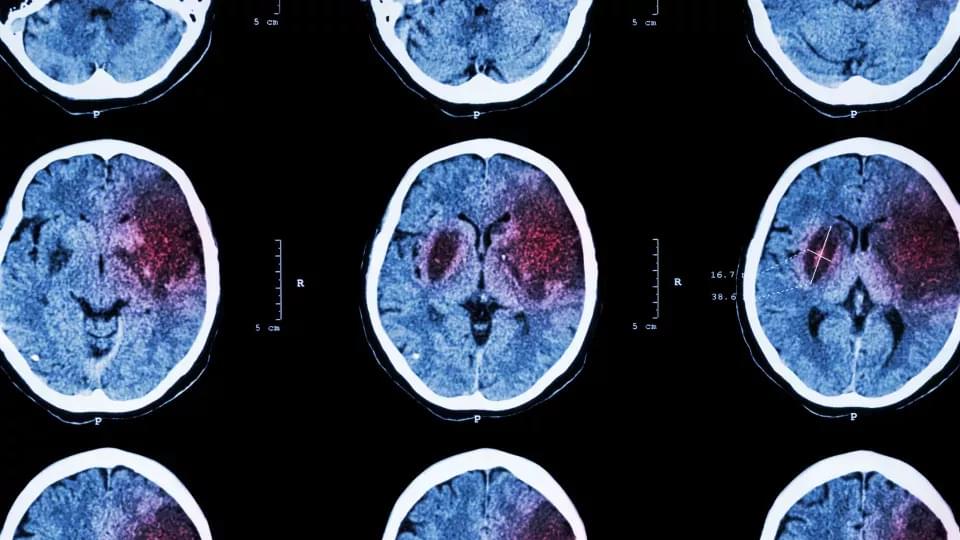Dec 12, 2023
Is Consciousness First in Virtual Reality?
Posted by Dan Breeden in categories: neuroscience, physics, virtual reality
The prevailing scientific paradigm is that matter is primary and everything, including consciousness can be derived from the laws governing matter. Although the scientific explanation of consciousness on these lines has not been realized, in this view it is only a matter of time before consciousness will be explained through neurobiological activity in the brain, and nothing else. There is an alternative view that holds that it is fundamentally impossible to explain how subjectivity can arise solely out of material processes-“the hard problem of consciousness”-and instead consciousness should be regarded in itself as a primary force in nature. This view attempts to derive, for example, the laws of physics from models of consciousness, instead of the other way around. While as scientists we can understand and have an intuition for the first paradigm, it is very difficult to understand what “consciousness is primary” might mean since it has no intuitive scientific grounding. Here we show that worlds experienced through virtual reality (VR) are such that consciousness is a first order phenomenon. We discuss the Interface Theory of Perception which claims that in physical reality perceptions are not veridical and that we do not see the “truth” but that perception is based on evolutionary payoffs. We show that this theory may provide an accurate description of perception and consciousness within VR, and we put forward an experimental study that could throw light on this. We conclude that VR does offer an experimental frame that provides intuition with respect to the idea that “consciousness is first” and what this might mean regarding the perceived world. However, we do not draw any conclusions about the veracity of this notion with respect to physical reality or question the emergence of consciousness from brain function.
Keywords: consciousness; interface theory of perception; perception; presence; real vs. virtual; virtual reality.
Copyright © 2022 Slater and Sanchez-Vives.

